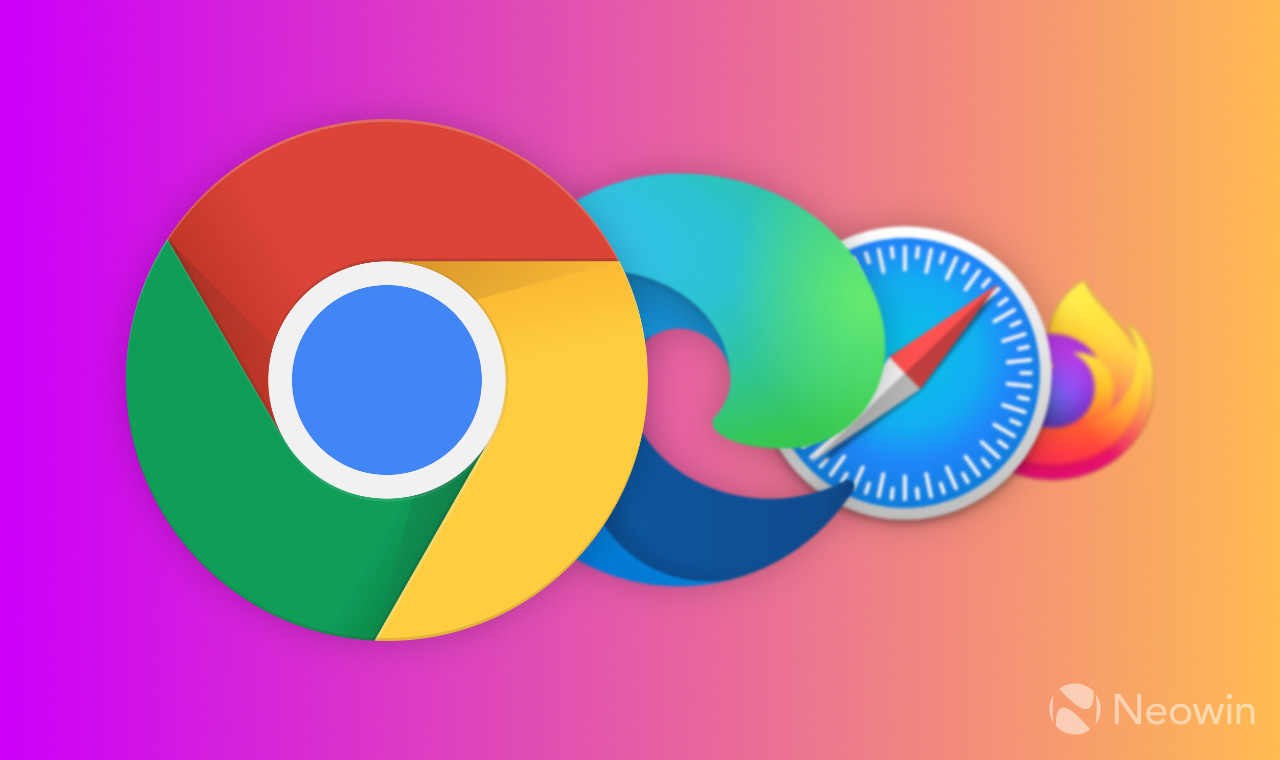Earlier this year, in March, a new web browser benchmark was announced called Speedometer 3.0.
One of the key talking points of the benchmark was how it was developed through an industry-wide collaboration such that all major browser engines like Blink/V8, Gecko/SpiderMonkey, and WebKit/JavaScriptCore would be supported. To make it possible, the likes of Google, Mozilla, Microsoft, Intel, and Apple were all involved.
Later on, an independent study showed why such a benchmark was necessary as various modern-day websites were tested on different Arm-based SoCs with varying power, and even an 8-core CPU was seen failing to load some large and heavy sites.
Hardware capabilities aside benchmarks like these also help browser companies make optimizations and improve the performance of their software and Google says it has done just that.
While Speedometer 3.0 was released just this year, Google adds that its development started back in May of 2022, and ever since, the company has been using the data to improve its performance. Google claims a 72% improvement in performance over this near-two year period, starting from Chrome version 101 all the way up to Chrome 127.
On a blog post on the Chromium website, it writes:
.. by carefully tracking its recent performance over time as the updated benchmark was being developed. Since the inception of Speedometer 3 in May 2022, we've driven a 72% increase in Chrome’s Speedometer score - translating into performance gains for our users
[...]
By looking at the workloads in Speedometer and in which functions Chrome was spending the most time, we were able to make targeted optimizations to those functions that each drove an increase in Chrome’s score.

Google's claims are in fact correct. Recently when reviewing a TeamGroup DDR5-7600 RGB memory kit, we noted that Chrome was consistently the fastest browser against Microsoft's Edge and Mozilla's Firefox, and this is despite Edge being based on the same engine as Chrome. You can check out the review here.
Aside from workload-specific optimizations, Google says it also improved V8 code tiering and garbage collection. You can find more technical details here on Chromium's official blog.
Hope you enjoyed this news post.
Thank you for appreciating my time and effort posting news every single day for many years.
2023: Over 5,800 news posts | 2024 (till end of May): Nearly 2,400 news posts
- Radpop
-

 1
1



3175x175(CURRENT).thumb.jpg.b05acc060982b36f5891ba728e6d953c.jpg)
Recommended Comments
There are no comments to display.
Join the conversation
You can post now and register later. If you have an account, sign in now to post with your account.
Note: Your post will require moderator approval before it will be visible.